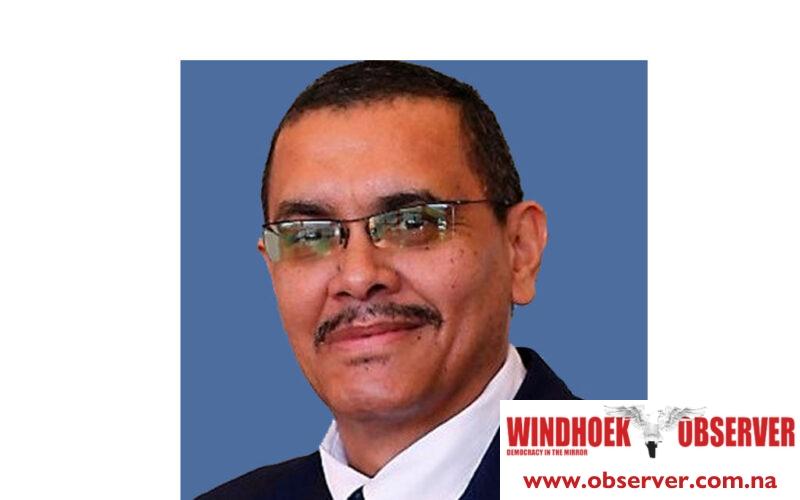Martin Endjala
Ben Bertolini, the managing director of M&G Investment Southern Africa, asserts that failing to address the quality of education is akin to a ticking time bomb.
He said this last week in Windhoek, in collaboration between M&G Investment and the Bank of Namibia, in an effort to address the education crisis.
“This is according to the University of Science and Technology’s recent statistics prepared on behalf of the United Nations Educational Scientific, and Cultural Organisation (UNESCO). Since then, I have had sleepless nights. Having only one-third of ten-year-olds who can read and write, for me, education is sitting on a time bomb,” he said.
According to him, there are schools that keep on promoting learners from one grade to the next until they reach Grade 10, arguing that this is why many have struggled to pass Grades 11 and 12.
Bertolini believes that the root causes of these issues are a lack of leadership and accountability throughout the entire education ecosystem, policy errors, unfavourable working conditions, dilapidated school buildings, and a lack of funding.
He argued that the educational objective is to ensure access to quality education. Despite Namibia’s third-place ranking in Africa for education spending, he questioned the root of the problem.
He said all stakeholders in the education sector need to pull in one direction to bring about the performance of excellence in schools as a solution.
Meanwhile, the managing director for oxygen communications, Hilda Basson Namundjebo, raised concerns about children who can’t read or write after grade three.
“The fact that most of our kids cannot read after grade three, and if you can’t read, then you can’t study, because between grades 0 and 3, you learn to read because you do not have to study.
Our crisis is astronomical because our kids can’t read, and because they can’t read, they can’t learn. The issues are there, but there is also an international model one can deploy to help your education system,” she said.
Namundjebo said that Namibia is among the territories with huge investments, along with Eswatini, South Africa, and Bostwana, yet it does not produce the much-needed results.
This publication reported last week that the Ministry of Education, Arts, and Culture has adopted a two-semester school calendar to prioritise the health and safety of learners during the winter.
The ministry’s Executive Director, Sanet Steenkamp, revealed this, saying the adjustment includes modifying the continuous assessment record sheets to align with the two-semester reports.
Steenkamp said the assessments for junior primary (grades 0-3) are based on continuous records, while senior primary (grades 4–7) and junior secondary (grades 8–9) will conduct school-based end-of-term tests instead of traditional examinations.
The initiative is part of the Universal Primary Education (UPE) and Universal Secondary Education (USE) grants.
Steenkamp said grants are crucial for ensuring that all children have access to education without financial barriers.




